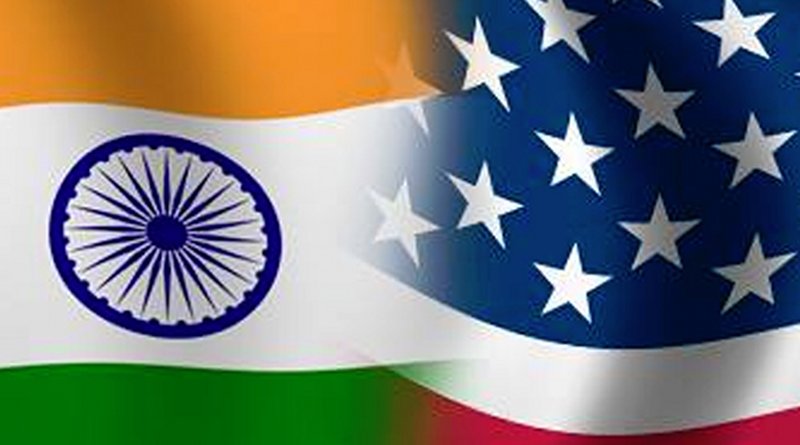Indian Foreign Policy Contours For US – OpEd
India’s foreign policy towards the United States is shaped by a complex interplay of differences and similarities in their national interests. Both countries desire regional stability, forming a common ground for cooperation. They collaborate on many aspects, such as counterterrorism efforts, trade and mutual defence agreements. Both recognize the significance of each other’s economic and strategic positions. However, where there is cooperation among them, both countries have differences in their foreign policy due to different or non-alignment of national interests.
India has adopted the policy of non-alignment with any major global power in its foreign policy to avoid participating in any conflict which directly does not affect them; where there are some fields where their interests align with the US, there are other matters in which their goals do not match with the United States.
There are a few parameters about Indian Foreign Policy that do not encompass India’s foreign policy towards the US. One of the key differences is their approach towards China from a military point of view. During the cold war, both countries did not engage in any serious defence partnerships because New Delhi wanted to escape the entanglements of joining either the US or the Soviet bloc. The two countries defence relationships flourished after President Bush’s offered India a transformative civil nuclear agreement. Now both of them are engaged in many defence agreements. The country’s security cooperation has enjoyed marked success, but the large defence partnership still faces challenges. Both nations seek to leverage their deepening ties to limit China’s assertiveness but have different approaches to accomplishing their goal. The US goal in military-to-military cooperation is the interface the Pentagon wants to integrate a foreign military, such as India’s military, in combined operations as a part of coalition warfare against its adversary China in the Indo-pacific region. However, India rejects the idea that its armed forces will participate in any combined military operations outside the jurisdiction of the United Nations umbrella.
Consequently, it has resisted investing in meaningful operational integration with US armed forces because of fear of endangering its political autonomy, which it has maintained over the decades or signalling a tight political alignment with Washington. However, the bilateral military exercise may improve tactical proficiency but not expand the interaction of two countries’ defence systems to the level where they can launch combined operations against a capable adversary. For instance, President Biden’s administration launched an initiative on critical and emerging technologies last year to fundamentally transform the cooperation between the two countries governments and businesses. This struggle includes various fields, such as cyberspace, artificial intelligence and quantum technologies. However, Washington’s generosity towards India will help him accomplish its strategic aim: to build India’s power to prevent China from dominating Asia.
Conversely, India has shown a willingness to join the US in some fields of low politics, such as infrastructure investment. Still, it insisted none of these initiatives is against China. They treat military exercise as a political symbol and emphasize developing diversified international ties. Their priority has been to receive American assistance in building up its national capabilities so it can deal with threats independently.
The other distinction in both countries’ foreign policy is the Russia-Ukraine crisis. India has adopted the policy of neutrality on this issue because its strategic autonomy depends on maintaining relations with all the powers, including those who are enemies of each other, which will get constricted if India-Russia ties begin to deteriorate. Further, they believe that if China develops stronger ties with Russia, its importance in the eyes of Russia will diminish, and they have to protect their interest alone in this world. Moreover, their interest does not align with the US interest to isolate Russia, cause its economic collapse, weaken it militarily permanently and bring about regime change. The US is providing Ukraine with weapons to prolong the war, whereas India wants a ceasefire and diplomatic effort to find a solution; hence, their interests do not align with each other. Considering the differences with the US, India has to adopt such foreign policy that is serve best for their national interest. It helps them form deteriorating relations with the US and maintain a friendly relationship with the US.

